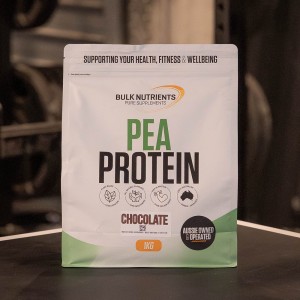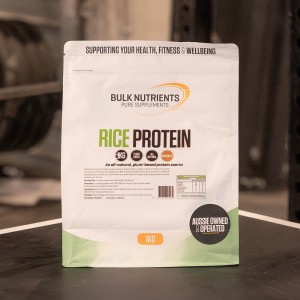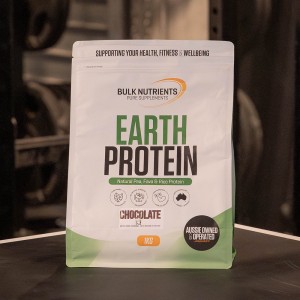The Power of Plant Based Protein Powder
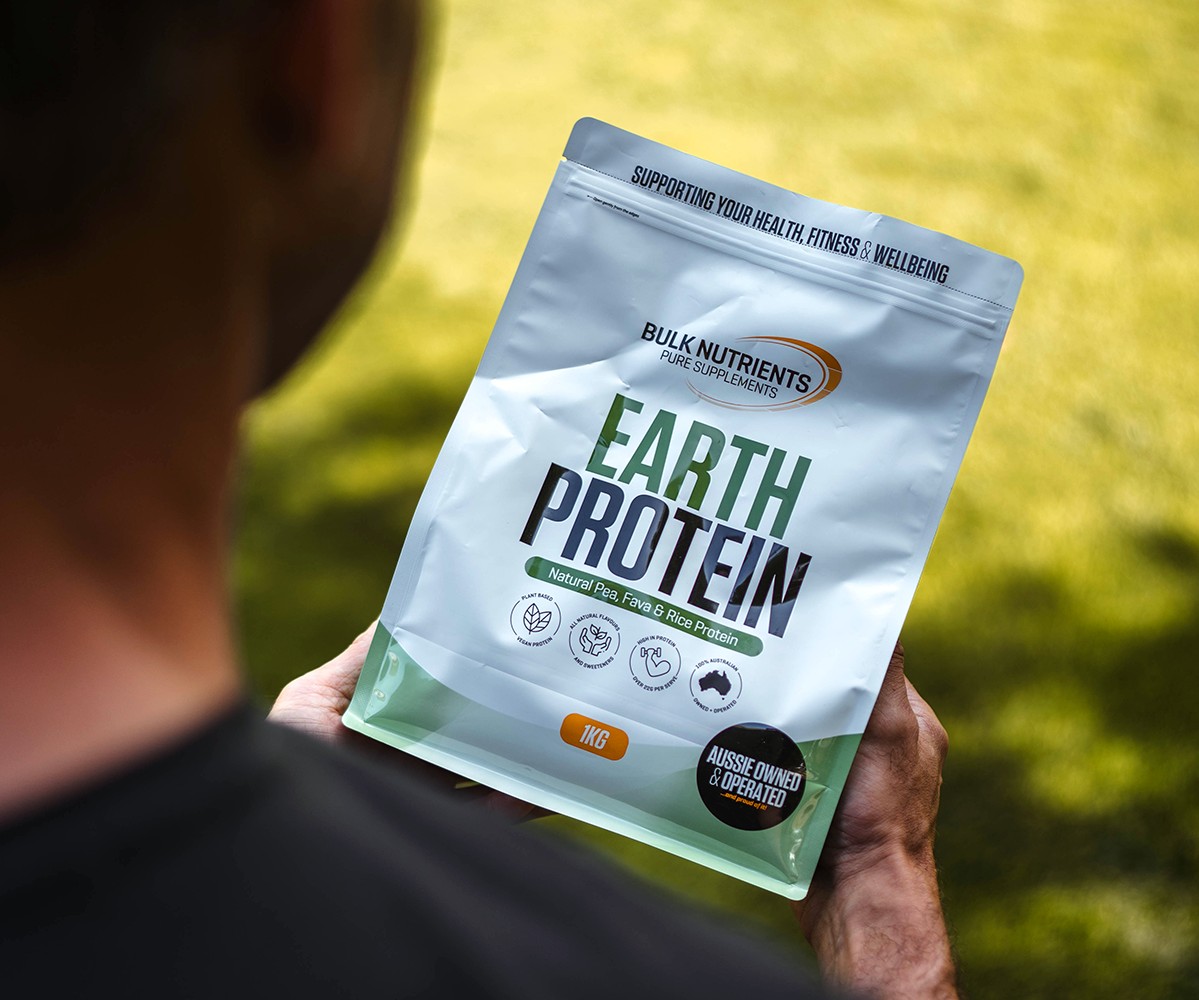
Try Plant Proteins and reap rewards from your workouts
In recent times the vegan diet has gone from a niche community to a mainstream, viable lifestyle, the quality and availability of vegan-friendly high-performance nutritional supplements have increased to meet demand.
However, it’s not just vegans and vegetarians who are choosing plant-based protein solutions.
Vegan protein powders are great solutions for those sensitive to lactose (as trace amounts of lactose can be found in even the more highly refined dairy based proteins) and people who have other allergies. Pea Protein in particular is noted for being hypoallergenic.
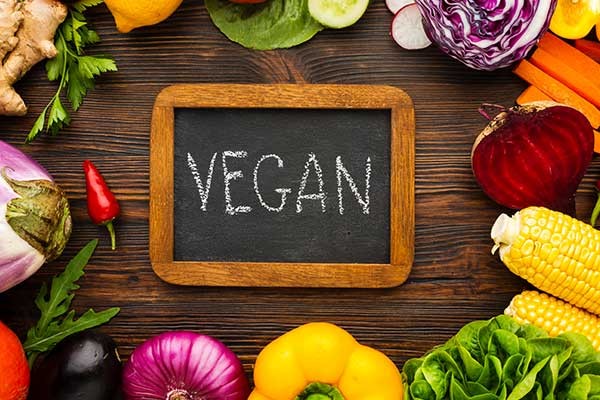
How much protein do vegans need?
No matter the motivation, everyone can benefit from adding more whole, unprocessed fruits and vegetables to their diet and ensuring their meals are well balanced.
But in particular, vegans should ensure they’re eating a proportional diet with plenty of vegetables, grains, beans, lentils, nuts and seeds.
Canadian dietician Leslie Beck told the Globe and Mail newspaper vegans need slightly more protein than meat-eaters “to account for the different amino acid mixes in plant foods” and because some plant proteins are more inefficiently digested.
“If you aren't physically active, you need about 0.9 grams of protein for every kilogram you weigh. If you exercise regularly, you need between 1.3 and 1.8 grams of protein per kilogram of body weight. (If you do heavy strength training opt for the upper end of the protein range.),” she said.
“Let's say you weigh 68 kilograms (150 pounds) and you're active. That means your diet should provide somewhere between 88 to 122 grams of protein.”
This means extra sources of plant-based proteins will need to be added to your diet, like legumes or soy at lunch or dinner.
Other great tips for hitting your daily protein intake on a plant-based diet is including whole grains at every meal, and choosing higher-protein snacks like nuts, nut butter and of course... vegan protein powder!
In fact, adding vegan protein powder is a must if your milk of choice is lower in protein than soy, she adds, or if you’re not hitting your macronutrients.
“If you prefer almond or rice milk in smoothies and shakes, keep in mind it's much lower in protein than soy milk. I typically advise my clients to add half a scoop of vegan protein powder,” Ms Beck says.
And remember your daily calories do count. She says if your intake is too low, you’ll be burning protein for energy, rather than making other proteins in your body.
If you’re trying to lose weight or struggling to consume enough calories, focus on adding protein-rich foods or simply add a scoop of vegan protein powder to a smoothie.
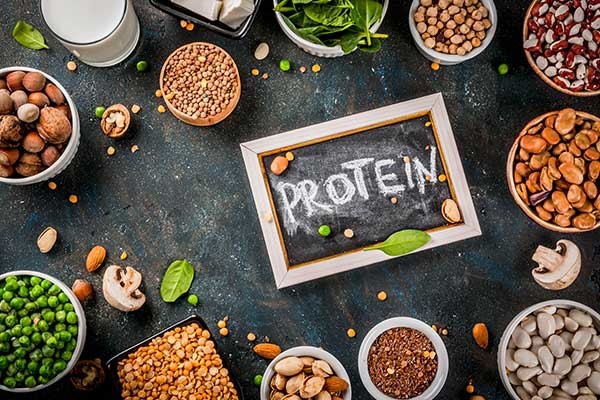
Do vegans need protein powder?
Vegans can get all of their protein needs from a plant-based diet – however, the caveat to this is the diet needs to be extremely well planned.
Consumer advocacy group Choice looked into different protein powders for key groups and found vegans, in particular, could benefit from protein powder supplements for their guaranteed protein content and convenience for busy people and for athletes.
“Vegans find protein supplements an easy and convenient way to get a decent protein hit containing all the essential amino acids. They may be particularly useful for athletes needing larger than usual amounts of protein, people just starting out on their vegan adventure who haven't got the 'well-planned' aspect of diet down pat, and people on the go who don't get a lot of choice about what they're eating throughout the day,” Choice reported.

How does vegan protein powder stack up against animal protein?
Whey Protein Concentrate (WPC) or the more refined Whey Protein Isolate (WPI) made from dairy whey are some of the most popular protein powders on the market. Both are a complete source of all the amino acids the human body requires and for more people they’re easily digested. Dollar-wise, they can be some of the best-value protein powders around.
However, plant-based protein powder, which is suitable for vegans, offers a lot of extra benefits, too.
Pea Protein as an alternative to Dairy Protein
Studies have shown pea protein performs just as well as whey protein when it comes to muscle growth, athletic performance and workout recovery.
A 2019 study published by the Swiss journal Sports found pea protein produced similar results to whey when it came to measurements in body composition, muscle thickness, force production, Workout of the Day (WOD) performance and strength. This study followed people who were new to exercise and who undertook an eight-week High-Intensity Functional Training (HIFT) program (HIFT is commonly used in boot camp-style training).
While it’s just the second study of its time, and the subjects who consumed pea protein didn’t adhere to a vegan diet, it's clear pea protein worked as well as whey when it came to the physical results. “Our data suggest that whey and pea proteins promote similar strength, performance, body composition, and muscular adaptations following 8-weeks of HIFT,” the author wrote.
Meanwhile, a 2015 study from the Journal of the International Society of Sports Nutrition found pea protein produced results in line with whey protein – and far outstripped the placebo supplement – to increase muscle size (specifically of the biceps) and strength.
“In addition to appropriate training, the supplementation with pea protein promoted a greater increase of muscle thickness as compared to Placebo and especially for people starting or returning to a muscular strengthening. Since no difference was obtained between the two protein groups, vegetable pea proteins could be used as an alternative to Whey-based dietary products,” the study authors reported.
Their study found pea protein helped their subjects make gains in bicep muscle size and this was especially true for people who were new to training or returning after a break. Pea protein performed comparably with whey protein and was superior to the placebo given.
It makes pea protein a viable alternative for athletes from beginner to elite, they say, adding “such proteins should also be of interest in other populations such as elderly to slow down the ageing process and maintain muscle mass”.
Shape Magazine says pea protein can act as a general health tonic as part of a plant-based diet. Registered dietician Lauren Manaker said diets with less animal product consumption could also result in lower cholesterol, lower blood sugar levels and better ability to control glucose.
Finally, Healthline reports that pea protein has a tonne of benefits – from meeting many of your amino-acid requirements, being a source of iron and branched-chain amino acids, to helping reduce your calorie intake by 12 per cent if taken 30 minutes BEFORE eating pizza – for real.
Pea protein contains all nine amino acids your body can’t create and, therefore, must obtain from a food source. However, it’s low in methionine, which you can source by eating poultry, pork, fish or beef, or, if vegetarian, eggs, or, if vegan, brown rice. Mixing pea protein with brown rice protein powder is another option to up methionine and the combination of pea protein and rice protein powder offers a pleasant texture. Or choose Earth Protein – the perfect blend of brown rice, pea and fava bean protein.
The benefits of Pea Protein
- Pea protein contains branched-chain amino acids which help promote blood flow and a healthy heart and can lower blood pressure.
- Pea proteins are rich in iron – most pea proteins contain 5mg to 7.5mg of protein per serving. This is between 28 per cent to 42 per cent of the recommended daily intake (RDI) for women and between 62 per cent and 94 per cent of the RDI for post-menopausal women and men. Remember iron from plant sources isn’t as easily absorbed as iron from animal products – boost your iron absorption by eating it with foods containing Vitamin C.
- Pea proteins can promote a feeling of satisfaction and satiety – pea protein is found to be as good as dairy-based protein casein and whey in promoting fullness, and, as mentioned previously:
- “One study found that 20 grams of pea protein powder taken 30 minutes before eating pizza reduced the average number of calories consumed by roughly 12 per cent,” Healthline reported.
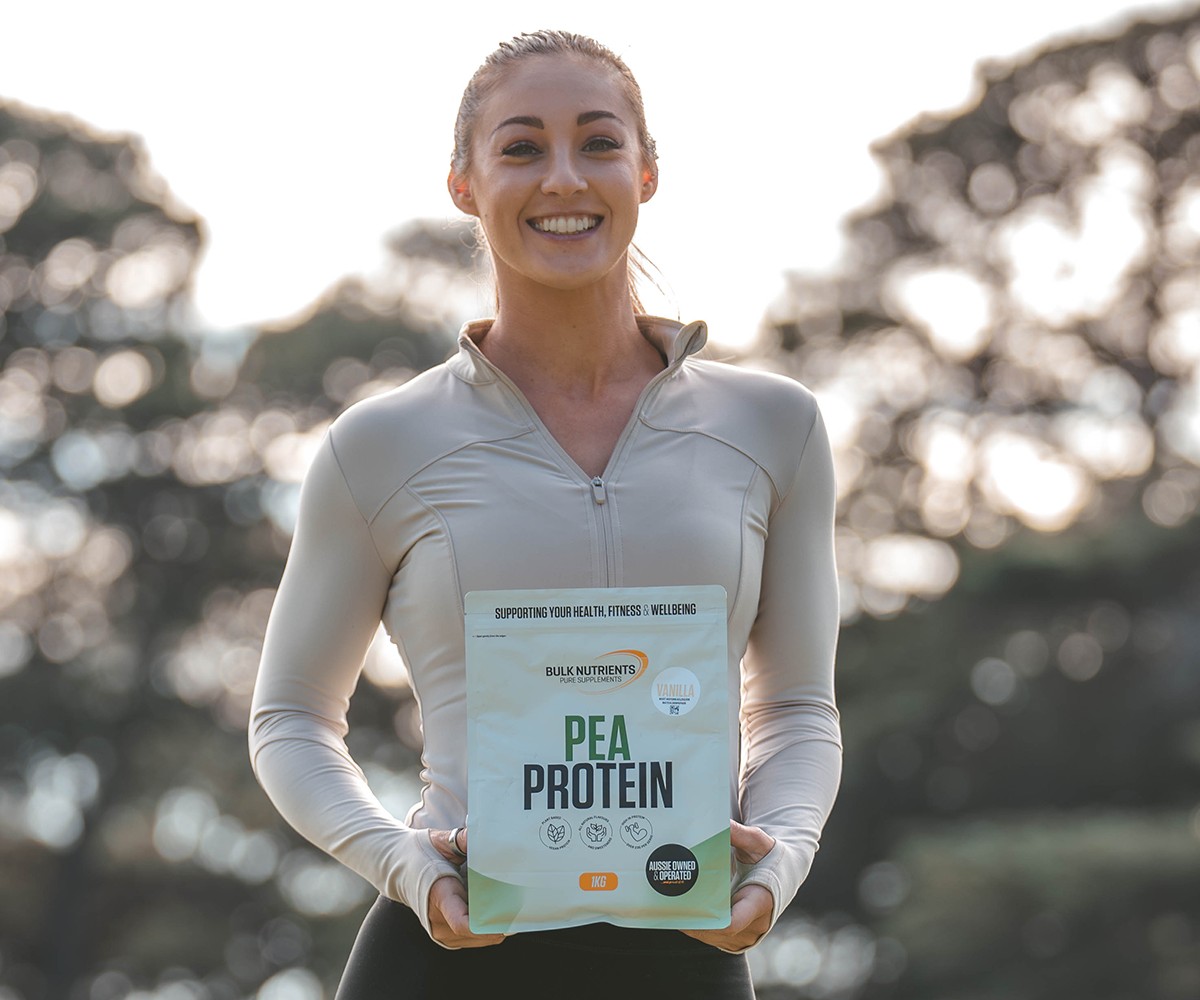
Soy Protein as a Whey Protein alternative
Soy protein is another popular choice and for good reason – It’s high in protein and offers many complementary health benefits as well.
A 2003 study published in the Journal of Perinatal Education found soy protein is particularly good for women.
Soy protein benefits:
- Soy protein can help reduce cholesterol
- Help with weight loss, control or prevent diabetes and prevent obesity
- Prevent cancer – most of the research had been done on breast cancer prevention but emerging research was looking at soy protein’s effect on preventing prostate cancer.
- Soy protein is an excellent option for menopausal women as it can help prevent bone loss and increase heart health – especially for women who were not using Hormone Replacement Therapy (HRT).
“Soy protein products offer benefits to women in various life stages. Benefits include improved diet and cardiovascular status, prevention of certain types of cancer, improved health following menopause, obesity prevention/control, and more options for food variety,” the author wrote.
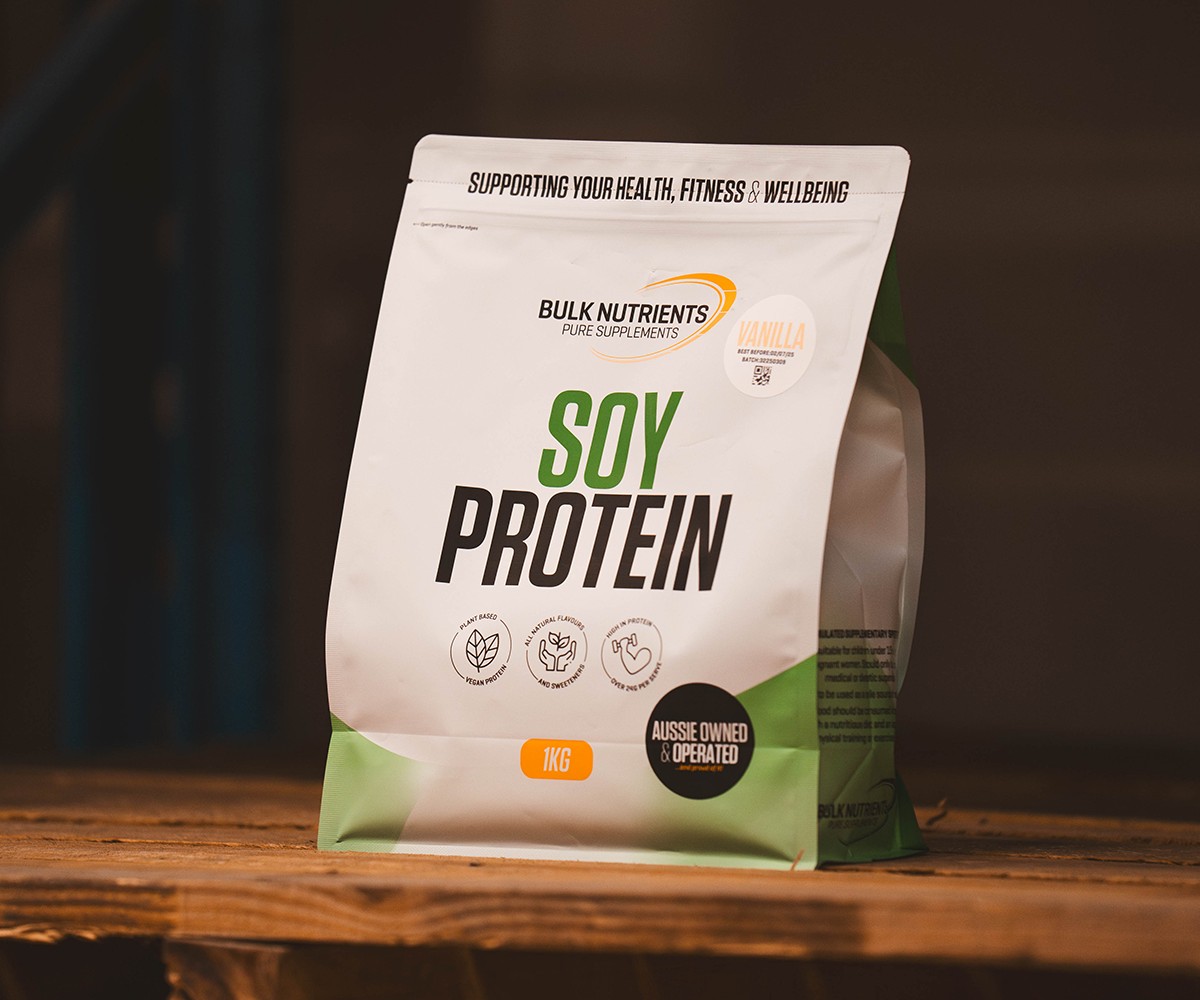
Rice Protein Powder vs Whey
A 2013 study published in Nutrition Journal found rice protein gave the same results as whey protein in terms of muscle gain and recovery from post-workout soreness.
The study found no significant difference between short term recovery and training-induced adaptions of subjects who used rice protein or whey protein. In fact, when it came to body composition and performance after “periodised resistance training” (alternating high loads of training with decreased loads to avoid overtraining and improve muscular fitness) high doses of rice protein performed just as well as whey.
“Rice protein isolate consumption post resistance exercise decreases fat-mass and increases lean body mass, skeletal muscle hypertrophy, power and strength comparable to whey protein isolate.”
Nutritionists have said brown rice protein powder contains antioxidants, B vitamins and fibre – B vitamins are particularly good for vegans who would not be receiving them from animal products. And brown rice protein may help the functioning of the heart, liver and kidneys as well as regulating cholesterol.
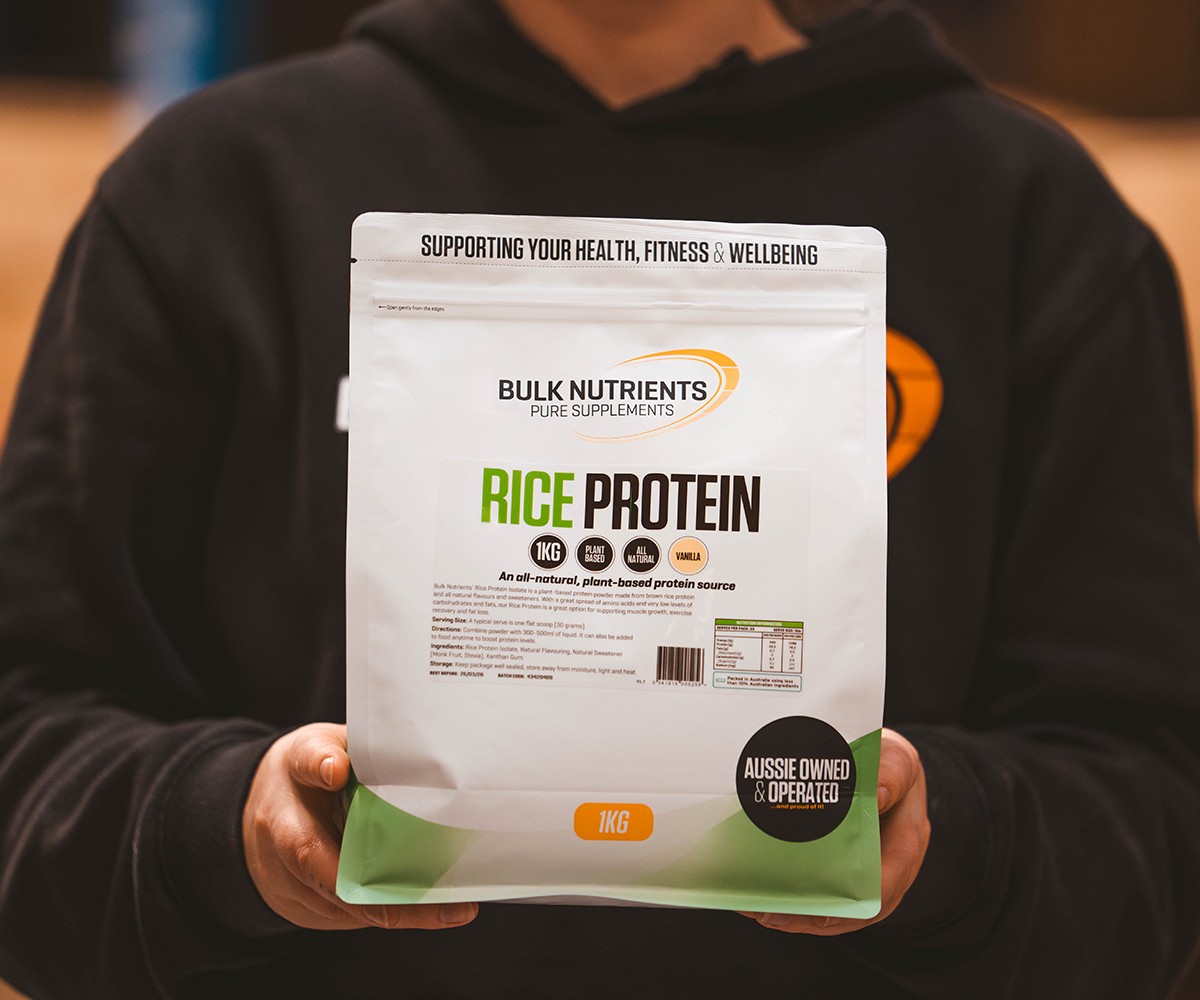
Consuming Vegan Protein Powders in Shakes
Vegan protein powders mix well with chilled water or your favourite alternative milk and result in a nutritious shake.
But vegan protein powder can also be the hero ingredient to boost the protein in any recipe. Check out our 9 favourite vegan recipes from our blog here.
Our three favourite quick and simple vegan shakes are:
- Vegan protein powder + frozen banana + splash of water and blend = vegan protein ice cream.
- Vegan protein powder + Medjool dates (deseeded) + chopped nuts of your choice, food-processed to a dough-like consistency, then roll into a log, refrigerate then slice into rounds OR roll into balls and chill = vegan fudge.
- Vegan protein powder + frozen berries + rolled oats + handful of spinach + water & blend = superfood protein shake
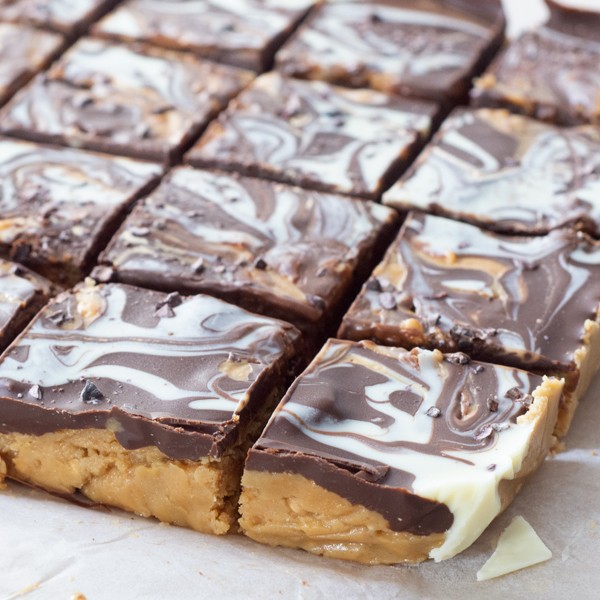
Buying vegan protein powder in Australia?
Bulk Nutrients offers a huge range of vegan-friendly protein powders and supplements to help you with your health and nutritional goals.
With our high-quality, nutritionally balanced proteins, you can be sure you’ll be taking the right steps towards meeting your body’s nutritional needs.
Switching to plant-based protein powders
Whether you’re adhering to a strict vegan diet or you just want to take advantage of the added vitamins, fibre and health benefits of a plant-based protein, add a Bulk Nutrients vegan protein powder to your mix today.
As the studies show, pea protein and soy protein perform just as well as whey in conjunction with resistance training. Meanwhile, brown rice protein offer high amounts of protein as well as other beneficial nutrients like fibre.
Harness the power of plant protein for a positive change for your body.
References:
- Babault, N., Païzis, C., Deley, G., Guérin-Deremaux, L., Saniez, M., Lefranc-Millot, C. and Allaert, F., 2015. Pea proteins oral supplementation promotes muscle thickness gains during resistance training: a double-blind, randomized, Placebo-controlled clinical trial vs. Whey protein. Journal of the International Society of Sports Nutrition, [online] 12(1), p.3. Available at: Pea proteins oral supplementation promotes muscle thickness gains during resistance training: a double-blind, randomized, Placebo-controlled clinical trial vs. Whey protein.
- Banaszek, A., Townsend, J., Bender, D., Vantrease, W., Marshall, A. and Johnson, K., 2019. The Effects of Whey vs. Pea Protein on Physical Adaptations Following 8-Weeks of High-Intensity Functional Training (HIFT): A Pilot Study. Sports, [online] 7(1), p.12. Available at: The Effects of Whey vs. Pea Protein on Physical Adaptations Following 8-Weeks of High-Intensity Functional Training (HIFT).
- Beck, L., 2013. I'm On A Vegan Diet. Do I Need To Use Protein Powder?. [online] The Globe and Mail. Available at: I'm On A Vegan Diet. Do I Need To Use Protein Powder?.
- Bray, K., 2018. Protein Powder Supplements | CHOICE. [online] CHOICE. Available at: Protein Powder Supplements.
- Gunnars, K., 2018. How To Optimize Your Omega-6 To Omega-3 Ratio. [online] Healthline. Available at: How To Optimize Your Omega-6 To Omega-3 Ratio.
- Joy, J., Lowery, R., Wilson, J., Purpura, M., De Souza, E., Wilson, S., Kalman, D., Dudeck, J. and Jäger, R., 2013. The effects of 8 weeks of whey or rice protein supplementation on body composition and exercise performance. Nutrition Journal, [online] 12(1). Available at: The effects of 8 weeks of whey or rice protein supplementation on body composition and exercise performance.
- Julson, E., 2018. Pea Protein Powder: Nutrition, Benefits And Side Effects. [online] Healthline. Available at: Pea Protein Powder: Nutrition, Benefits And Side Effects.
- Leiva, C., 2018. This Is Why Everyone Is Into Pea Protein Right Now. [online] Shape. Available at: This Is Why Everyone Is Into Pea Protein Right Now.
- Montgomery, K., 2003. Soy Protein. The Journal of Perinatal Education, [online] 12(3), pp.42-45. Available at: Soy Protein.
Related Blogs
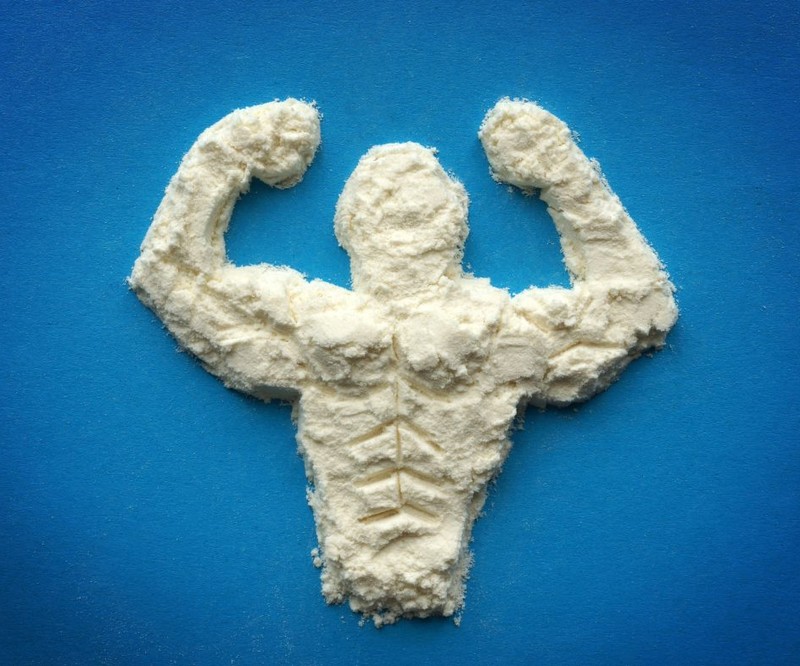
Beware of the Proprietary Blend!
Posted by Nick Telesca
Estimated reading time: 5 minutes
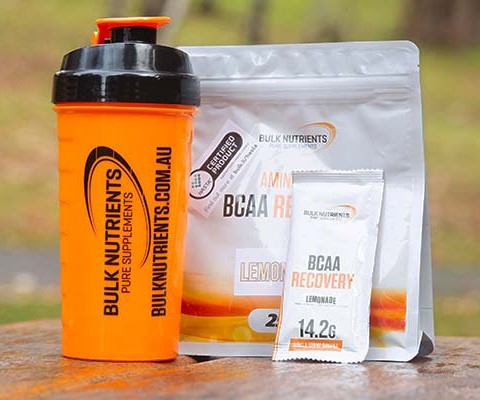
No Banned Substances Found Here: Our Hasta Certification
Posted by Ryan Bevan
Estimated reading time: 5 minutes
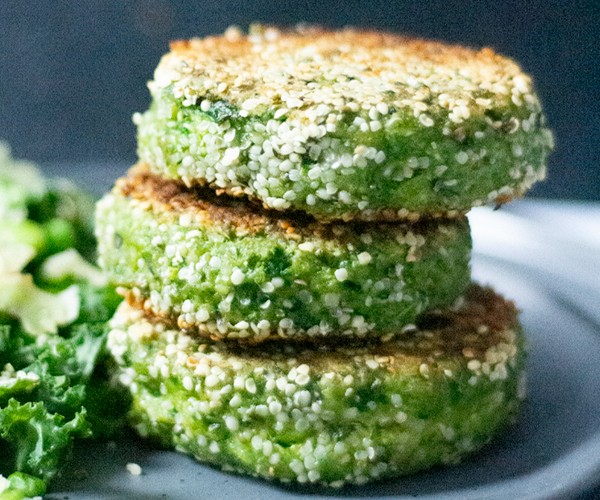
Easy Meal Prep Spinach Patties
Posted by Nicole Frain
Recipe difficulty: Easy
